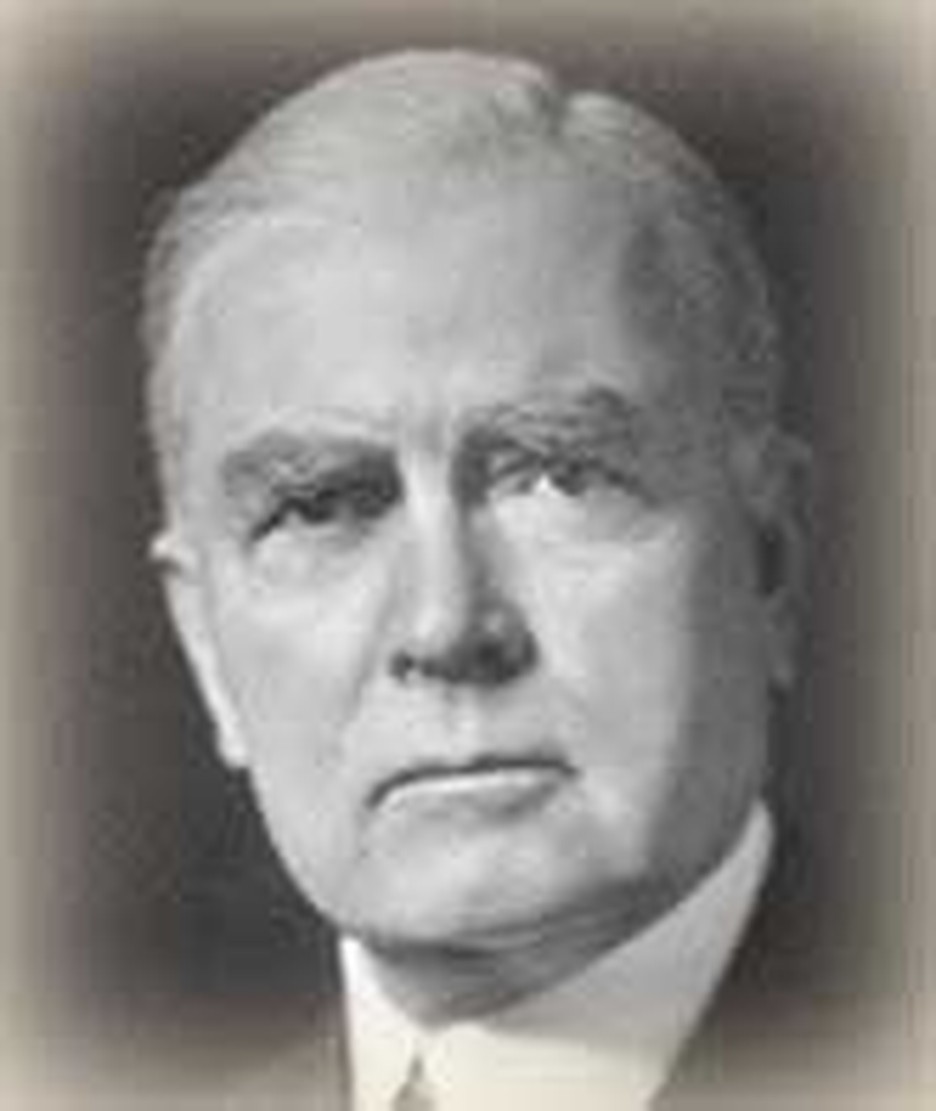
In his last public appearance, Methodist layman John Mott said, "While life lasts, I am an evangelist." The man who did as much as anyone to evangelize the world and unite divided denominations, died on this day, January 31, 1955 in Orlando, Florida. He was eighty-nine years old. Death was a place to change trains, he had told a reporter some years earlier. A few days before his death, he sent a message to the World Council of Churches. "Old things are passing away. All things may become new. Not by magic, nor by wishful thinking, but by self-sacrifice and the will to bring them about in the name of Jesus Christ."
His own life epitomized the will to bring about new things in the name of Jesus Christ. Sixty-nine years earlier, on January 14, 1886, twenty year old John Mott had walked late into a meeting at Cornell University and heard C. T. Studd say, "Seekest thou great things for thyself? Seek them not. Seek ye first the kingdom of God."
John couldn't sleep all that night and hunted up Studd for a private talk. That encounter changed his life--and the world. Mott was to demonstrate a living faith in Christ and became a notable evangelist, a YMCA leader and a co-founder of the Student Volunteer Mission. He labored to pull all Christians together to win the world for Christ in his generation.
Indeed, in 1900 he published a book which became a challenge for the young men and women of his day. It was titled The Evangelization of the World in This Generation. John showed first of all what he meant by evangelization--letting the whole world hear the news about Christ. He demonstrated from the Scripture that God expected no less. Admitting that there were serious difficulties, he nonetheless insisted that the job could be done. He reminded his readers what Christians in the earliest days of the church had accomplished and showed striking examples from more recent times. Given modern technology, even more could be accomplished in our day, he assured them.
His influence was enormous. It is impossible to say how many people he inspired to go into missions. He was a major force in the ecumenical (church cooperation) movement. In 1910, he helped organize a major conference in Edinburgh for the purpose of uniting Christians behind world evangelism. "...The church is confronted today, as in no preceding generation, with a literally worldwide opportunity to make Christ known," he told the 1,200 delegates who were there as representatives of at least 160 mission boards and societies.
John became so well-known that heads of state greeted him. Even while still in his thirties, he was considered the Protestants' leading statesman. At 81, the Nobel committee awarded him one of the highest honors given on earth--the Nobel Peace Prize.
Church historian Kenneth Latourette described John as one of the outstanding leaders in the entire history of Christianity. He achieved what he did at an enormous expenditure of energy, personal attention to hundreds of letters, non-stop prayer and endless work.
Bibliography:
- Expanded from an earlier Christian History Institute story for ChiNotes.
- Galli, Mark. "John R. Mott; Evangelist and ecumenist." Christian History Magazine. http://www.christianitytoday.com/ch/ 2000/001/9.36.html
- Hopkins, C. Howard. John R. Mott 1865-1955. Grand Rapids, Michigan: Wm. B. Eerdmans, 1979.
- Mott, John R. The Evangelization of the World in This Generation. New York: Student Volunteer Movement for Foreign Missions, 1900.
- Various internet and encyclopedia articles.
Last updated June, 2007


